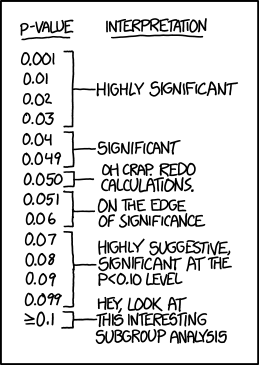Guest post by Jeff Mosenkis at Innovations for Poverty Action
- In our first recursive link, Chris writes about new results from his work with our team in Liberia – what happens when you offer psychotherapy and $200 cash to a group of (largely) drug dealers and other criminals. The program lowered criminal activity significantly and people seemed to spend the money responsibly, but local instability makes it tough to earn a long term living. Excerpts from the IPA project summary:
…participation had large and significant impacts on participants’ behaviors and beliefs, both in the short and long term. This effect was even greater for participants who received both the therapy and the cash grant. The cash grant alone had no behavioral effect on participants. Neither the therapy nor the cash grant impacted long-term economic outcomes.
- That Ben Olzer guy is really unstoppable, asking in a NYTimes Op-ed with Benjamin Jones if assassination is an effective method of regime change. (Short answer: not in democracies, probably in dictatorships, but attempts have a higher chance of failing, killing a lot of civilians, and provoking a crackdown).
- Field and colleagues offered business training to women in India, with or without the opportunity to invite a friend. They find (PDF):
The intervention had a significant immediate impact on participants’ business activity, but only if they were trained in the presence of a friend. Four months later, those trained with a friend were more likely to have taken out business loans, were less likely to be housewives, and reported increased business activity and higher household income. The positive impacts of training with a friend were stronger among women from religious or caste groups with social norms that restrict female mobility
In research news:
- 43 papers retracted in a fake peer-review ring bust
- On our blog, a Center for Open Science talk about how to encourage researchers to be more transparent, and what IPA’s doing
- Michael Clemens finds 41 conflicting definitions of what a replication is, and in a new paper, suggests a common definition so we can all get on same page and move forward.
Life imitates art, if you’ve seen this cartoon from xkcd
From Rohit, a long list of what published articles say when p doesn’t quite get to .05. Some creative highlights:
just at the conventional level of significance (p=0.05001)
just tendentially significant (p=0.056)
not insignificant (p=0.056)
well-nigh significant (p=0.11)
narrowly eluded statistical significance (p=0.0789)


6 Responses
IPA’s weekly links: Guest post by Jeff Mosenkis at Innovations for Poverty Action In our first recursive link… http://t.co/f9rshvRiVZ
Lots of great development links via @poverty_action: http://t.co/VcXqlY0LeQ ft. @cblatts, @BerkOzler12, @m_clem, & our very own @Noompa
In this week’s links, Do assassinations work? http://t.co/TMnYTFlzj2 (its like @BerkOzler12 does the work of 2 people) and that elusive .05
Funny Friday morning reading on what statistically significant findings are telling us. http://t.co/XL5jlGM1xX
Weekly links from the informative, funny communications crew over at @poverty_action http://t.co/Hh1UYgtSBT
RT @cblatts: IPA’s weekly links http://t.co/hiNBXZFeoS